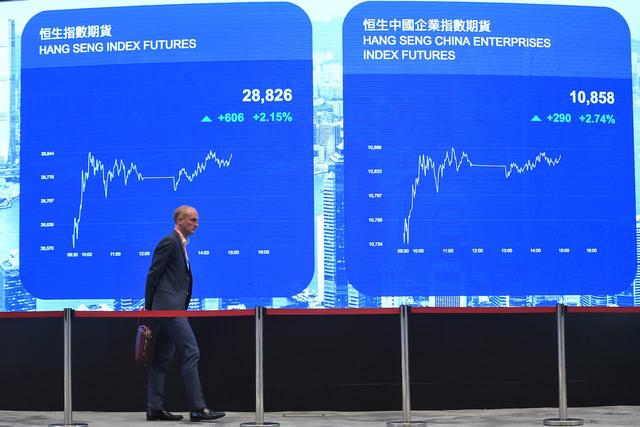Due to the reduction of production of factories due to lack of power supply in China, the price of metal silicon, which is a semiconductor raw material, has soared about four times in less than two months, which can be a major problem for major high -tech companies, including Apple.Is emerging.
Metal silicon plays an important role in the technology industry and is used not only in chip production but also in various industries such as glass, concrete, solar panels and silicon products.Although silicon is abundant enough to account for 28 % of the crust, the refined high -purity silicon raw material was not able to catch up with production, and the raw material manufacturers were busy increasing production, but the production in China has reduced production even more.It is a pattern.
Until now, global semiconductor deficiency has been due to an increase in chip demand and a shortage of water, but the fact that the production of silicon raw materials has been reduced is a form that has been overwhelmed.
According to Bloomberg reports, the Chinese government has ordered a major base in metal silicon production to reduce domestic power consumption.For example, Yunnan Province, the second largest production area in Japan, was ordered to reduce 90 % from September to December of August.For this reason, it is reported that metal silicon, which used to be 8,000 to 17,000 yuan (about 133,000 yen to 270,000 yen) per ton, has now risen to 67,300 yuan.

The shortage of materials has already been affected by the solar cell industry, and the policylicon for solar cells has increased by 13%last Wednesday (September 29), and has been the highest since 2011.
In addition, silicon prices are expected to stop for a long time, and analysts in the Shanghai Metal Market are said to be high levels until the summer of 2022.At that time, it is stated that production will be expected to increase in the latter half of the same year.In other words, it is possible that the price increase in silicon prices may affect the shortage of production due to the reduction of production and the price paid by consumers.
Until now, Apple has exceptionally escaped from semiconductors and parts shortages, but the shipment schedule of the iPhone 13 Pro model has been delayed until November.Perhaps the wrinkles of silicon deficiency hit the new MacBook Pro, which is expected to be released by the end of the year.
Source: Bloomberg
VIA: Appleinsider
あなたのプライバシー設定では、このコンテンツをご利用できません。こちらで設定を変更してくださいあなたのプライバシー設定では、このコンテンツをご利用できません。こちらで設定を変更してくださいあなたのプライバシー設定では、このコンテンツをご利用できません。こちらで設定を変更してくださいあなたのプライバシー設定では、このコンテンツをご利用できません。こちらで設定を変更してください